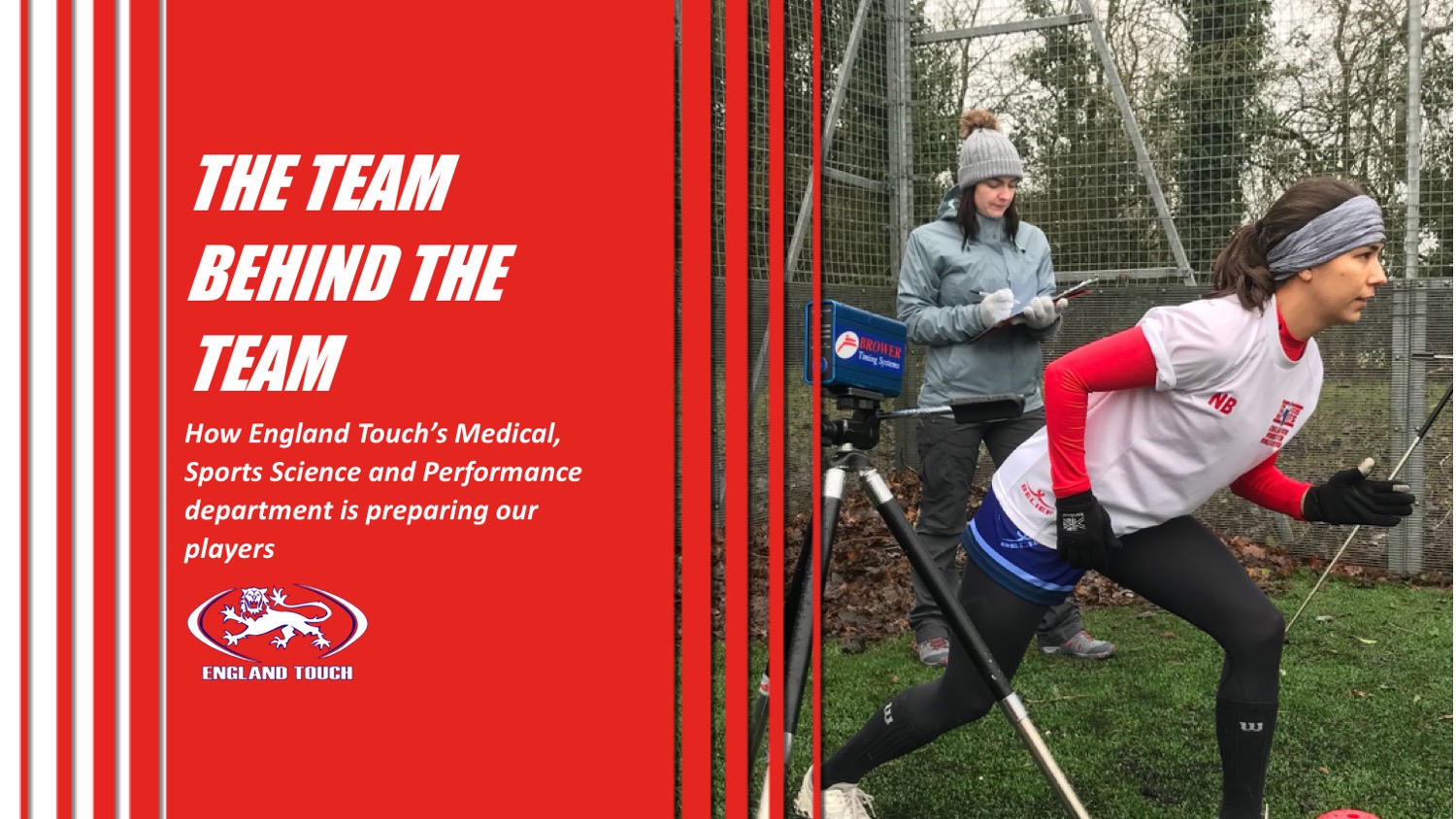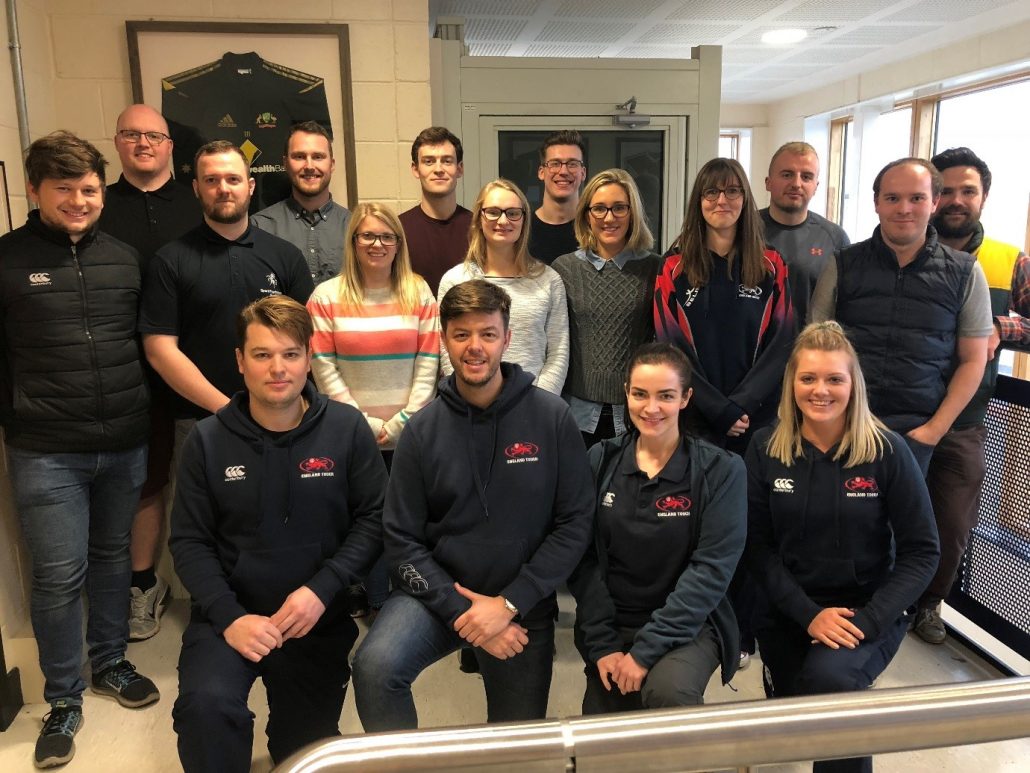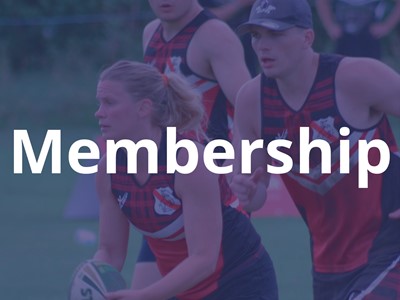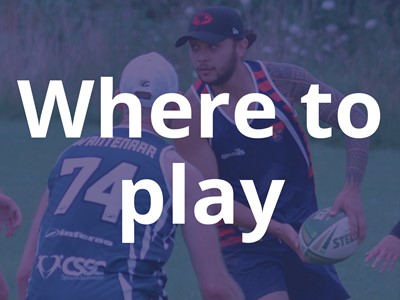Sign-up to receive all the latest news from England Touch
Off-field preparation for on-pitch success

The Medical, Sport Science and Performance team has been busy working behind the scenes to ensure players are fit, injury free and ready for the 2018 European Touch Championships.
Following a successful recruitment drive in 2016 and 2017 England Touch now has a wealth of applied experience and knowledge. This team now consists of 19 Physiotherapists/Sport Therapists, four Strength and Conditioning Coaches and two Lead Sport and Exercise Psychologists, who are all supported by a Lead Sport Scientist, a Lead Physiotherapist and Head of Department. Further support is provided by academics at both the University of Chester and Manchester Metropolitan University.
Although the whole team gives their time on a voluntary basis, Head of Medical, Sport Science and Performance Cari Thorpe’s underlying ambition has been to create as professional an environment as possible, one that is fit for a successful international playing programme while also underpinning the overall growth of Touch in England.
The team directly responsible for the health, well-being and performance of those athletes successfully chosen to represent England in the 2018 Euros met recently to share knowledge, create training programmes and begin the first phase of athlete testing. Our team shared their insight on the most up-to-date research behind recovery strategies, the female athlete triad as well as a review of the England Touch Player Profile.
Thorpe says that she is excited by how far the department has progressed.
“When I joined England Touch six years ago I envisaged a large multidisciplinary team that can support players and coaches on an individual basis,” she said. “We now have the knowledge and expertise to use our existing data to support players during future tournaments.
“There are many professional sports teams and athletes that do not have the level of support that is available to our players.”

The team is using both its hands-on experience and published academic literature to develop a number of screening tests and sport-specific strength and conditioning programmes that are already being used to ensure players are physically and mentally prepared to cope with the demands of high intensity tournament play.
These programmes will continue throughout the season and Nick Dobbin, Lead Sport Scientist, says that the understanding of the specific needs of international Touch players is increasing all the time.
“We now have a thorough appreciation of the demands players are exposed to during an international tournament and the injury profile associated with this high intensity sport,” he commented. “This information, combined with the coaches’ valuable insight and physios’ expertise allows us to develop programmes that would rival many full-time sports teams.”








